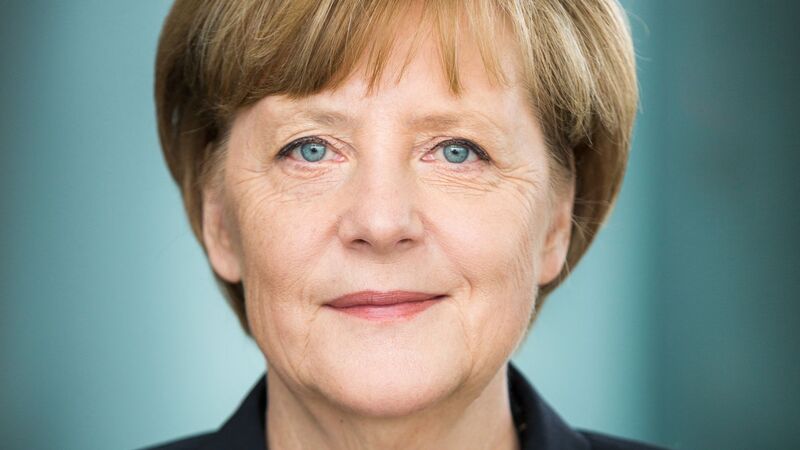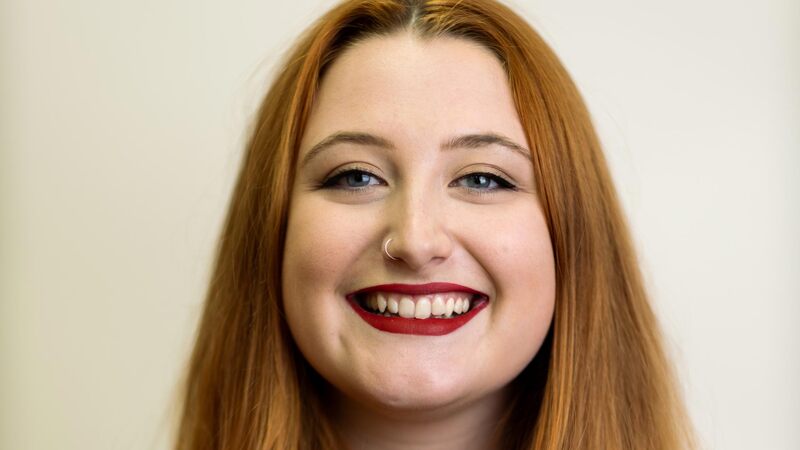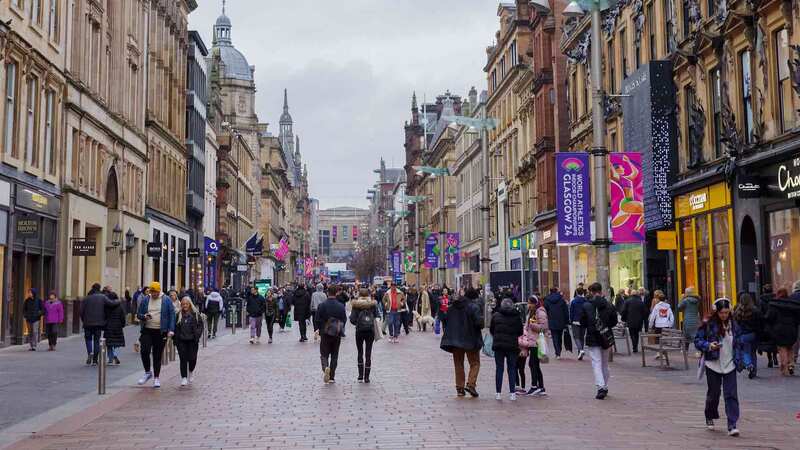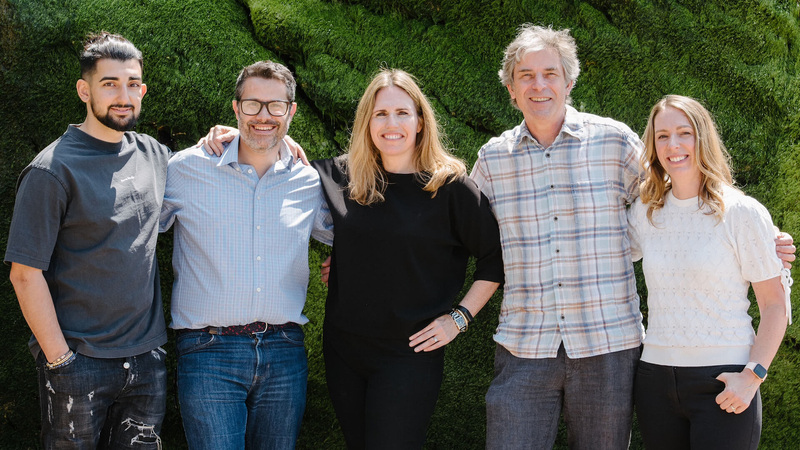You are viewing your 1 free article this month. Login to read more articles.
Amazon's Naggar tells publishers to slash e-book prices
Amazon’s publishing chief David Naggar has said publishers should slash their e-book prices to 99p to sell more books. However, publishers have retorted that this move would be “economically unwise” and would damage the whole book supply chain.
Speaking to the Daily Mail, David Naggar, v.p. of Kindle Content at Amazon.com, suggested that traditional publishers should follow the lead of self-published authors when setting e-book prices, arguing that a lower price point is a form of marketing which would encourge more people to buy digital books.
“I look at price as a tool for visibility. You can either spend a lot of money on marketing or you can invest it in a super-low price until they get the flywheel going of the recommendation engines – and this is just for Amazon", Naggar said.
He added: “What self-published authors will do is they will publish a book and sell it for 99p right out of the gate… Publishers [with new authors] could much more afford to do that than self-published authors. If I have two books in front of me and I don't know either author, and one book costs £9.99 and the other is £2.99, which one am I going to take?”
However, professionals in the industry have pointed out there are big differences between traditional and self-publishing business models, with Nicola Solomon, chief executive of the Society of Authors, branding Naggar's comments as "naïve".
"He makes a direct comparison between publishing companies and self-published authors, but conveniently avoids the fact that the economics are completely different", she said. "Self-published authors on the Kindle Direct Publishing (KDP) platform earn between 35%-70% of the e-book retail price (where traditionally-published authors earn 25% royalty on e-books)– that’s why they can discount to that level and still enjoy a decent income if their book is successful. But I doubt Naggar has considered the likely impact on the incomes of traditionally published authors if their e-books were discounted to 99p as standard. The routine discounting and implied devaluing of printed books – often at the authors’ expense – is already a big problem. The last thing we need is to encourage even more discounting on digital platforms.”
Stephen Lotinga, chief executive of the Publisher’s Association, also noted the difference in business models and added that Amazon thinks they have publishers “over a barrel” because of its high e-book market share - estimated to be around 90% in the UK.
“Amazon have a vested interest in lowering prices as much as they possibly can because it helps them maintain their market share,” Lotinga said. “Effectively, they're saying, 'In order to promote your book, we're going to dictate the price'. Our members are running a different business model than self-published authors are. They invest a lot of money in authors and feel that they price their books appropriately. We are not seeking to sell very low [priced] commodities.”
According to statistics from the Publishers Association's Annual Yearbook, sales of trade e-books fell by 17% in 2016 to £204m.
Alessandro Gallenzi, publisher at Alma Books, argued that publishing books and nurturing authors requires long-term investment and that lowering the selling price of titles is "not only economically unwise", but "damages the whole book supply chain – author-agent-publisher-wholesaler-bookseller-end user". He added that cheap prices damage authors the most because it "devalues" and "homogenises" their work.
He added: “It is damaging also, in the longer term, for Amazon, because it is devaluing its offer across the board, when in fact it should be looking at encouraging publishers to increase their available e-book range. I think some publishers (and authors) are still reluctant to see their books be digitised, and perhaps Amazon's drive towards skeleton pricing is one of the deterrents. I know I have already said it, but I'll say it again: a book is not like a banana!”
A leading independent publisher, who declined to be named, highlighted that publishers do experiement with price, but suggested that price alone doesn't make a "great difference" to sales.
"Publishers do experiment with price – particularly of e-books – quite a lot, and my own sense from our limited experience is that price alone doesn't make much of a difference to sales", the publisher said. "Price plus promotion generally does, but Amazon decides what e-books to promote – not publishers – which is a bit of a problem. What is definitely true and unhealthy for the e-book market is the near-monopoly position – nearly 90% in the UK – that amazon has at the moment."
However, Matthew Lynn, c.e.o. of e-book publisher Endeavour Press, which recently launched a print arm, on the contrary maintained that “the market decides the price, and it’s the job of the publisher to make money at that price”, adding: “If you can’t make money, then lower your costs”.
“In general, e-books are still over priced," he said. "The industry is stuck where music industry was five years ago, but the market has moved on. Just as people weren’t prepared to pay £15 for a digital music file, they're not going to pay a great deal for digital books. I think 99p is low price point, £1.99 is much better. But it depends on genre."
He added that digital and print books were not "competing products" because they service different audiences. "Cheaper e-books are not cannibalising sales, they're enhancing them", he said.
Andrew Franklin, m.d. of Profile Books, added that the self-published 99p Amazon e-book "bears no comparison whatsoever to a real book properly published", and alluded to Amazon's unwillingness to share data about the e-book market.
"The self-published 99p Amazon e-book bears no comparison whatsoever to a real book properly published. That is why the successful self-published authors will always move to mainstream publishers when they have a chance," he said. "And there are almost no examples of people moving the other way. Of course I respect David Naggar’s position. He has access to an enormous amount of data that nobody else ever sees. But I wholly disagree."
An Amazon spokesperson has since said that Naggar's comments in the Daily Mail were "very much out of context" and were made to illustrate an example of Kindle Direct Publishing authors’ tactics to drive discovery. "The conversation was about how to maximise sales for unknown authors," the spokesperson said.
In 2014, Amazon was locked in a legal battle with Hachette Book Group in the US over the price of e-books. The stand off saw the e-retailer restrict the pre-ordering of certain key titles, affecting their chances of securing positions on bestseller lists.
In 2012, the European Commission began the process of dismantling the agency model after finding publishers HarperCollins, Simon & Schuster, Macmillan, Hachette Livre, and Apple "engaged in a concerted practice" to raise e-book prices or prevent the emergence of lower prices across Europe.
The following year in April 2013, HarperCollins and Hachette UK were the first UK publishers to introduce a refined agency model with Amazon.co.uk and begin lowering e-book prices.


















